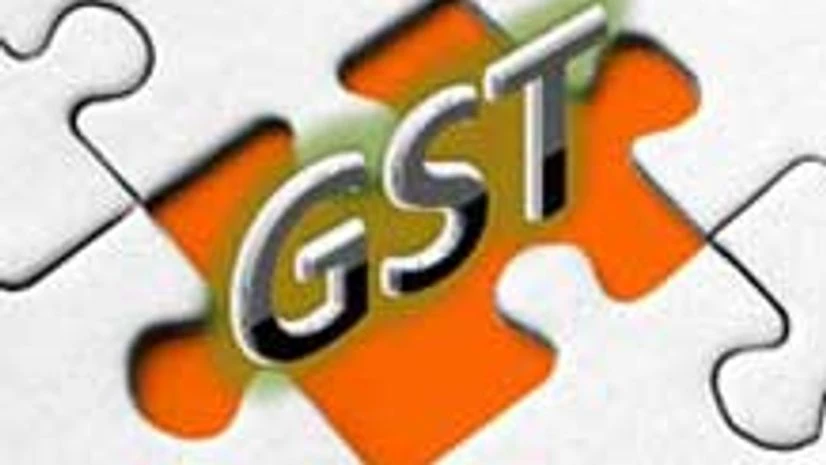State finance ministers on Friday authorised GST Network, a non-profit company, to start work on an information technology (IT) 'backbone' for the proposed national goods and services tax (GST).
The cost of the network would be, it was decided, shared equally by Centre and states. April 1 next year is the Centre's target date for the GST.
The Empowered Committee of State Finance Ministers (EC) concluded a two-day meeting in Thiruvananthapuram on Friday. It could not decide on the key issue of a GST rate.
More From This Section
The two-day meet approved a sub-committee's report on an integrated GST (I-GST) to be imposed on interstate movement of goods and services. The tax will be collected by the Centre and distributed to the states. The EC did not take up the issue of whether to raise the one per cent tax meant to help manufacturing states.
The committee got different views on a sub-panel report on registration, returns and refunds. It asked a panel to review the report.
“We have authorised the GST Network to go ahead with their work, based on the reports presented and discussed. Small changes, if needed, could be made after the revised reports. GSTN can always tweak the IT platform to incorporate the changes,” K M Mani, the EC chairman and Kerala finance minister, told journalists.
He exuded confidence that the required IT platform would be ready by the time GST was introduced. "This is the most crucial work," he said.
The committee agreed to share the cost of GSTN, as mentioned earlier, by states and Centre equally. "The modalities of payment by states is to be decided by a sub-committee proposed to be constituted for this purpose," Mani said.
GSTN is a company set up to provide IT infrastructure and services to the central and state governments, and other stakeholders, for implementation of GST. The Centre and states hold 24.5 per cent each in the company; 51 per cent equity is with non-government financial institutions.
The EC discussed the issue of a GST rate. An EC sub-committee had recommended an almost 27 per cent 'revenue-neutral' rate (RNR, meaning no revenue loss to states after subsuming existing taxes in the proposed system). The state GST (SGST) component would be 13.91 per cent; central GST was to be 12.77 per cent. The committee had also proposed a narrow band for the SGST component.
The recommendations were referred by the EC to the National Institute of Public Finance and Policy, since it was based on revenue collection figures of 2011-12. Union finance minister Arun Jaitley had on Wednesday said, “I straightaway concede that 27 per cent would be very high...after this (rate) was born, states and Centre decided to keep alcohol out.”
As mentioned earlier, the committee decided to request the Centre to depute EC members to visit some countries where GST has been implemented, to understand the method. "This will be useful for efficient implementation in India," Mani said.
EC members have already toured Canada, Japan and South Africa to study GST models there.
Meanwhile, Y Ramakrishnudu, finance minister in Andhra Pradesh, ruled by an ally of the ruling coalition at the centre, criticised the Constitution amendment bill on GST for keeping petroleum and tobacco within the legislation's ambit.
He said at Friday's meeting that despite repeated requests to the Union government to not include advertisement tax collected by local bodies and betting and gambling taxes under the GST regime, the legislation includes these.

)
